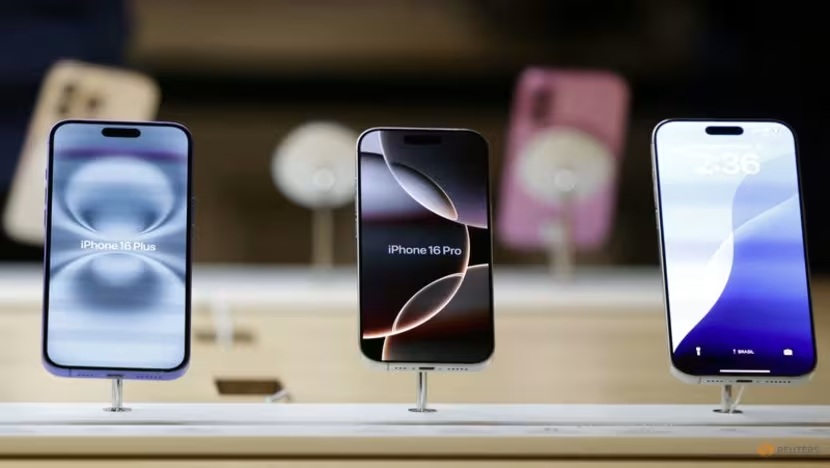The United States has removed smartphones, computers, and other electronic devices from its global tariffs, a move announced late Friday by the U.S. Customs and Border Protection. This decision provides relief to both consumers and tech companies, potentially preventing price increases on popular devices and offering a boost to major players like Apple, Samsung, and Nvidia.
The exemption applies to a range of products, including smartphones, laptops, hard drives, flat-panel monitors, semiconductors, memory chips, and machines used in semiconductor manufacturing. These items will be excluded from the recently imposed 145% tariffs on Chinese goods and the baseline 10% global tariff that applies to nearly all other countries. The tariff exclusions will apply retroactively from April 5, 2025.
This decision follows President Trump's April 2 announcement of "reciprocal" tariffs, which initially sparked concerns about rising prices for consumer electronics. Economists had warned that the cost of these tariffs would likely be passed on to consumers, leading to decreased consumer sentiment. The removal of tariffs on smartphones and computers is expected to alleviate some of these concerns.
The move is seen as a strategic one, potentially calming business anxieties and addressing voter concerns about inflation and supply chain disruptions. The fact that most of these electronics and components are not manufactured in the U.S., and that establishing domestic production would take years, likely contributed to the decision.
According to White House press secretary Karoline Leavitt, President Trump aims to reduce America's reliance on China for critical technologies like semiconductors, chips, smartphones, and laptops. She stated that the administration has secured trillions of dollars in U.S. investments from major tech companies, including Apple, TSMC, and Nvidia, who are actively working to onshore their manufacturing in the United States.
While this exemption provides a significant boost to the tech industry and consumers, some analysts remain cautious, noting that existing levies have not been removed and new tariffs could be imposed in the future. Moreover, the exemption does not apply to the 20% tariff targeting China over the fentanyl crisis, which remains in effect.
Despite the tariff exemption, some experts point out that electronics are still subject to the original 20% tariff on China under the IEEPA (International Emergency Economic Powers Act).
Overall, the removal of tariffs on smartphones and computers is a welcome development for the tech industry and consumers in the United States. It remains to be seen how this decision will impact the broader U.S.-China trade relationship and the long-term efforts to bring manufacturing back to the United States.

















